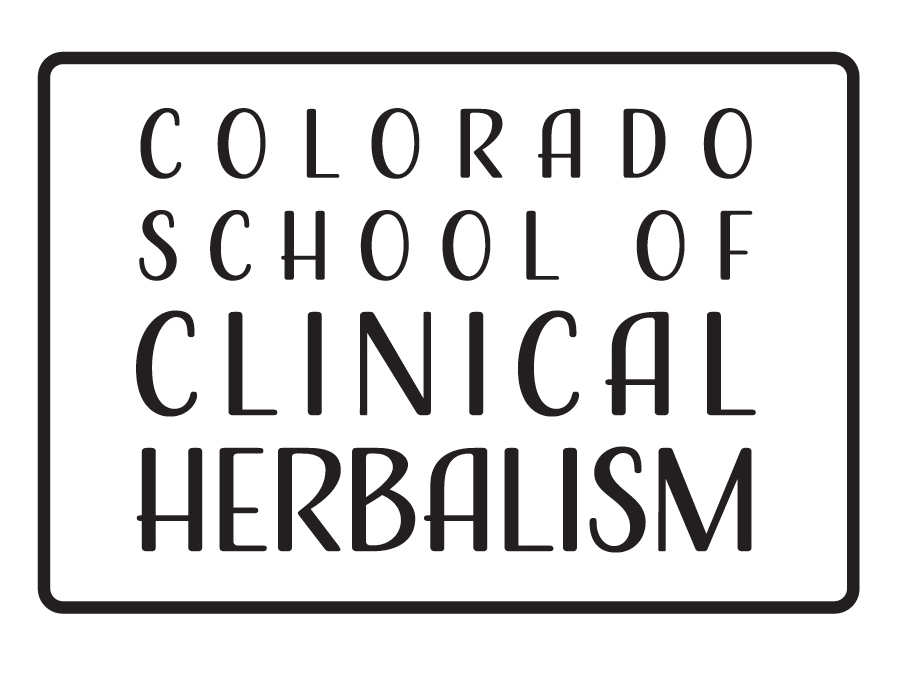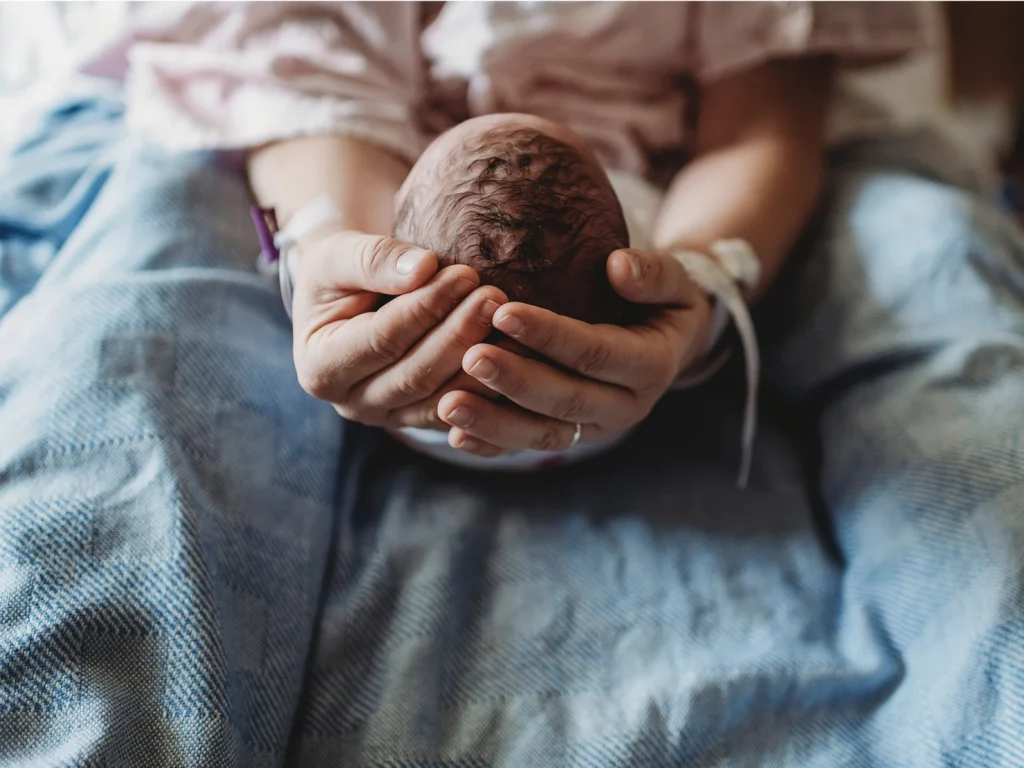Author: Andrea Padilla
Postpartum is the period from the time after the delivery of your baby until the mother is no longer considered an obstetric patient. This period can last between 6 to 8 weeks.
Postpartum care has been practiced for centuries in different traditions to ensure the recovery of the mom and avoid ill health in later years.
Many cultures of Asia and the Middle East emphasize the practice of social support rituals in the postpartum period. In Nepal and China, they focus their attention on the mother after the baby is born. This has been described as “mothering the mother.” This type of care was also common in Central and South America when postpartum was referred to as the “lying in” period or “cuarentena.” Herbal baths, washing of hair, oil massage, binding of the abdomen, closing the hips, and other types of personal care are prominent in the postpartum rituals of some parts of Guatemala, Mayas in the Yucatan area, as well as women from Latin America in the United States.
On the contrary, in the USA mothers get most of the attention during pregnancy–baby showers, prenatal care, and women’s blessings. After a baby is born, the support they receive while pregnant rapidly declines. A woman gets discharged from the hospital 24-48 hours after vaginal birth and 2-4 days after a cesarean section. Most women do not have the support system set in place after getting discharged from the hospital. Her partner will likely go back to work after the first week and she will be left alone with home duties and sometimes even in charge of other members of her family. She will have to teach herself to breastfeed and ensure she gets enough food to support her recovery, as well as manage to get some rest, all while getting acquainted with the newborn that now is part of her life and routine.
That’s why reawakening postpartum traditions are fundamental in our culture.

